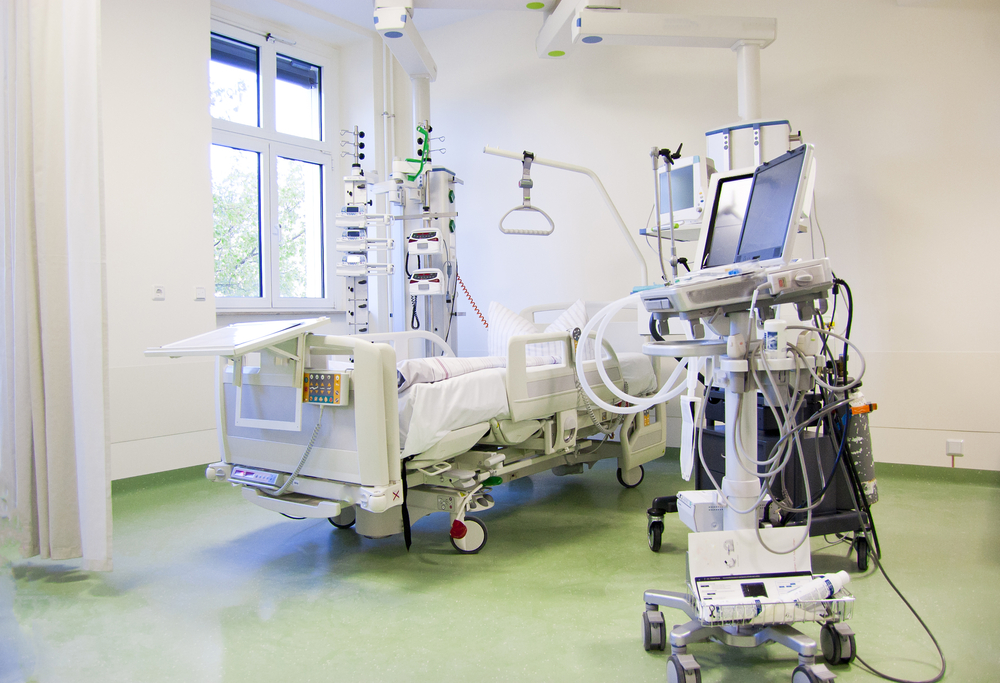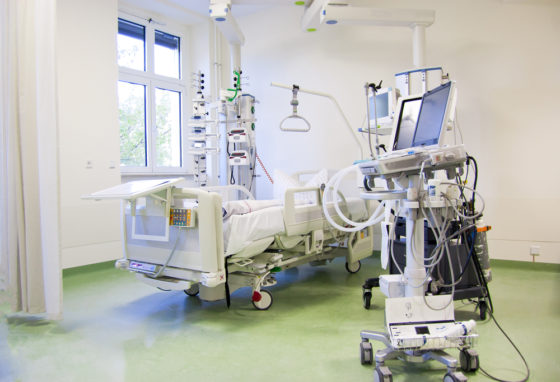Many coronavirus patients are developing blood clots, Dutch research


It is becoming increasingly clear that coronavirus is causing life-threatening complications in some patients, broadcaster NOS said on Thursday, in report on research by three Dutch hospitals.
The research, involving 184 coronavirus patients who spent time on intensive care wards, shows that around half of them developed symptoms of thrombosis – blood clots which impede the flow of blood through the circulatory system.
Doctors world-wide have reported thrombosis as a side effect of coronavirus and this research helps show the size of the problem, NOS said.
‘We did not know that so many patients develop thrombosis complications,’ Leiden teaching hospital professor Menno Huisman told NOS. ‘These results have generated surprise around the world. Until now the focus had been on lung infections and their consequences, not thrombosis.’
The research means that doctors can now take action, such as by prescribing higher levels of blood thinners to coronavirus patients to reduce the chances of thrombosis-related complications, he said.
Most of the patients were found to have lung embolisms, but a number developed clots in the brain. It was also notable how many clots were found in patients who were not considered to be at risk because they did not have high blood pressure, high levels of cholesterol or were smokers, NOS said.
Sent home
Meanwhile, officials say some 7,000 coronavirus patients have been discharged from Dutch hospitals since the pandemic took hold – around two-thirds of the total number of people admitted to hospital with the disease.
The discharged patients have an average age of 63 and spend some seven days in hospital, the figures by health foundation Nice show. A further 1,400 patients have died on ordinary hospital wards – many of whom are over the age of 80 and who were not admitted to intensive care wards after consultation with their families.
Just 20% of intensive care patients have been sent home, and 26% have died in an ICU ward, Nice said.
Thank you for donating to DutchNews.nl.
We could not provide the Dutch News service, and keep it free of charge, without the generous support of our readers. Your donations allow us to report on issues you tell us matter, and provide you with a summary of the most important Dutch news each day.
Make a donation